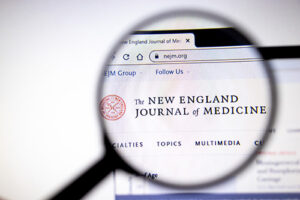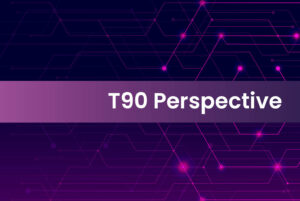The pharmaceutical industry relies heavily on disseminating published scientific content to healthcare professionals (HCPs) to provide them with peer-reviewed information about the latest research. However, misconceptions about copyright and terms of usage can lead to non-compliance, potentially resulting in legal and financial consequences.
In this article, we break down the complexities of copyright, debunk common myths, and delve into the significance of establishing accurate attributions.
Understanding Copyright and Licensing
Distinguishing between Copyright and Creative Commons (CC) can be a common source of confusion, given their disparate protective scopes. Copyright safeguards work from replication, while CC extends additional protection by specifying when and how content can be utilized.
For instance, in the pharmaceutical sector, there is a practice of sharing copyrighted content with HCPs to inform them about new developments related to drugs. This published scientific content is typically designated as ‘Open Access’ and ‘CC BY NC.’ ‘Open Access’ is a Copyright term, defined as “digital, online, free of charge, and free of most copyright and licensing restrictions.”
The ‘CC BY NC’ label, representing ‘Creative Commons BY Non-Commercial’, indicates that the content can be copied, shared, and reproduced if appropriate credit is given to the author and the user indicates whether the publication has been changed. But most importantly, it must not be employed for commercial purposes unless a commercial license is obtained from the publisher.
What is classified as a commercial use case for pharma?
Different publishers will have different rules as to what is considered a commercial use case. Below are some use-case examples for content published by the NEJM Group. If you are unsure of the rules for a specific publisher, please ask us at [email protected] or them directly.
For all content in front of or behind the paywall, you will need a commercial license if you are sharing content with HCPs, here are some examples:
- Sharing an ePrint with an HCP proactively
- Linking directly to an article in any materials, such as press releases, sharing a URL with an HCP, linking from a pharmaceutical website, etc.
Debunking Copyright Myths
There are lots of misinterpretations and opinions about licensing and what you can and can’t do with published copyright content. That is why we’ve debunked the myths we’ve heard many times before.
Open Access content is free to use whenever
Misconception: Open-access content is entirely unrestricted without limitations.
Reality: Proactive distribution by pharma is not permitted without a commercial license for content classified as CC-BY-NC explicitly or as indicated in the publisher’s terms and conditions.
Copyright vs. Publisher’s Terms and Conditions
Misconception: Copyright law and publisher’s terms and conditions are the same thing.
Reality: Whilst copyright provides overarching protection, publishers often establish additional rules governing content use for their publications.
Institutional license vs. Commercial license
Misconception: Having an institutional license grants you unrestrictive rights to share and use content for commercial purposes.
Reality: You will need a commercial license to be able to share published scientific content with HCPs proactively.
Medical Enquiry
Misconception: MSLs can freely send content to HCPs proactively.
Reality: Proactively sending published scientific content to an HCP normally requires a commercial license. The only exception is when responding to an unsolicited inbound medical inquiry for which the ePrint is the answer. In this case, some publishers allow you to send the ePrint using the institutional license.
The use of URLs
Misconception: I can simply send a URL that links directly to an article on the publisher’s website to the HCP.
Reality: This is a commercial use case of the content and not permitted for content that is CC-BY-NC or otherwise restricted.
For more information on how Tangent90 can support scientific content distribution management, contact [email protected].



